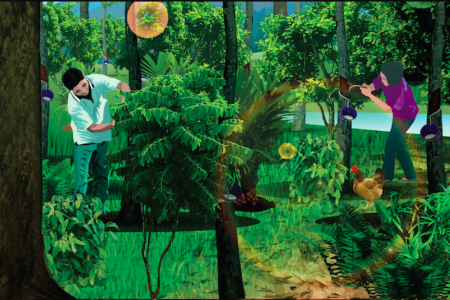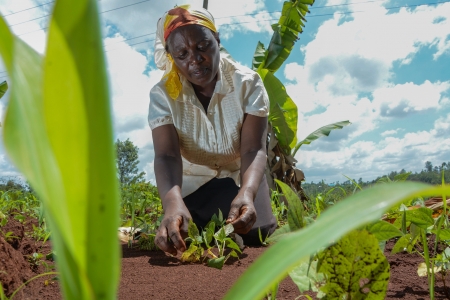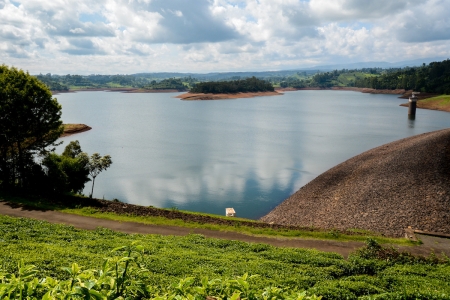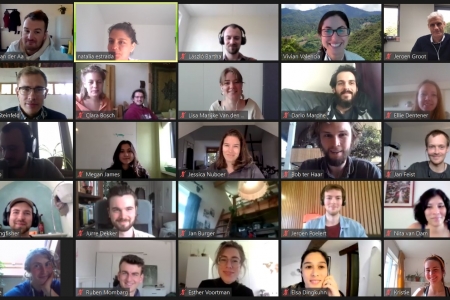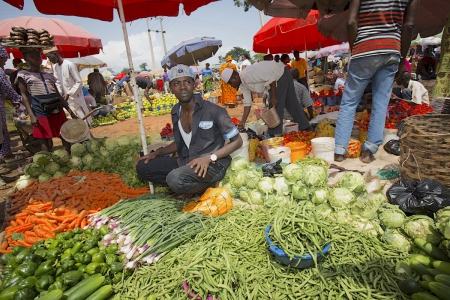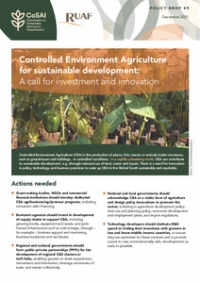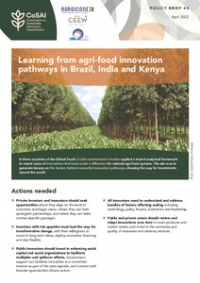Gender crises in South Asia’s poverty square A persistent poverty in the land corridor connecting Nepal Terai, Eastern India and Bangladesh is accentuated by inequalities based on class, caste, ethnicity and gender. The region infamously known as South Asia’s poverty square, home to around 600 million of the world's poorest people is characterised by fragmented landholdings, widespread landlessness, poor investments and infrastructure. Despite multiple projects operating to mitigate poverty, some with a gender lens - an enduring poverty persists. Recent studies indicate new agrarian crises, in particular a 'feminization of agriculture': outmigration of a young generation of men from these poorly performing agrarian economies leaving behind women with restricted access to productive assets, services, infrastructure, institutions and markets to manage productive [as well as reproductive] responsibilities. A move away from sectoral approaches? There are steep challenges to sectoral interventions to improve agricultural development and/or positively change the lives of poor women and men here (Lahiri- Dutt, 2014). Many questions remain unanswered: How do ongoing interventions, focussing on certain resources, services or infrastructure, take into account disparate changes in agrarian economies, policies and practices on the one hand and changes to ecosystem viability on the other? How are gender and agriculture issues framed and do they address the complexity of inequalities in relation to inter-dependent land, water and ecosystem vulnerabilities? How are relationships of tenure, labour and consumption reshaped my multiple governance, economic, environmental changes in different settings and contexts? How do social dimensions of poverty and gender inequality, such as the lack of agency to negotiate with key actors and stakeholders interface with the material dimensions of disparity in assets and resources? Project objective: bridging the gender “know-do” gap through partnerships Building on existing research findings, project staff [Wageningen University, IWMI/Nepal, other partners and consultant researchers] will review 6 ongoing case studies programmes/projects in Nepal Terai, North Bengal and Northern Bangladesh in order to analyse how these projects and interventions address the dynamics of poverty and gender inequality. The research will generate new knowledge applicable for use in development and capacity building initiatives and programmes. Prior agreements with project partners will allow collaborative research, uptake and piloting of interventions. To enable cross-fertilization of gender knowledge, methods and approaches, research activities will be coordinated with the following WLE Ganges projects: SPIP, ICIMOD; Irrigation-hydropower, University of Arizona and Polder community water management, IRRI. 4 BAU students will also conduct gender-focused research in IRRI project areas. To further demand-based, applied research among grassroots practitioners, the project will fund 3 competitive research grants [one in each country] to local professionals or grassroots institutions on topics of local relevance. A team of prospective or next users (local professionals) tailored to each team's research proposal, will along with project partners enable quality control, capacity building and mentoring of grantee teams and facilitate piloting, uptake and outreach. Research outputs from the above two activities will be translated to education and extension curricula for NBU and BAU and their boundary partners, (the Department of Agriculture Extension in Bangladesh; Panchayat institutions, Agriculture Extension Services and State Rural Livelihood Mission in North Bengal). Project-generated gender training and capacity building modules and curricula will be extended to a wider network of professional and institutions through the SaciWATERs-CapNet Network (SCaN)1. Through Katalyst Bangladesh, we plan outreach of gender knowledge, methods and approaches to agri-businesses and donor consortia. Similar initiatives will be targeted to (in)formal grassroots institutions through the 6 case study project partners and also through DAM in Bangladesh and NEMAF in Nepal.
menu

